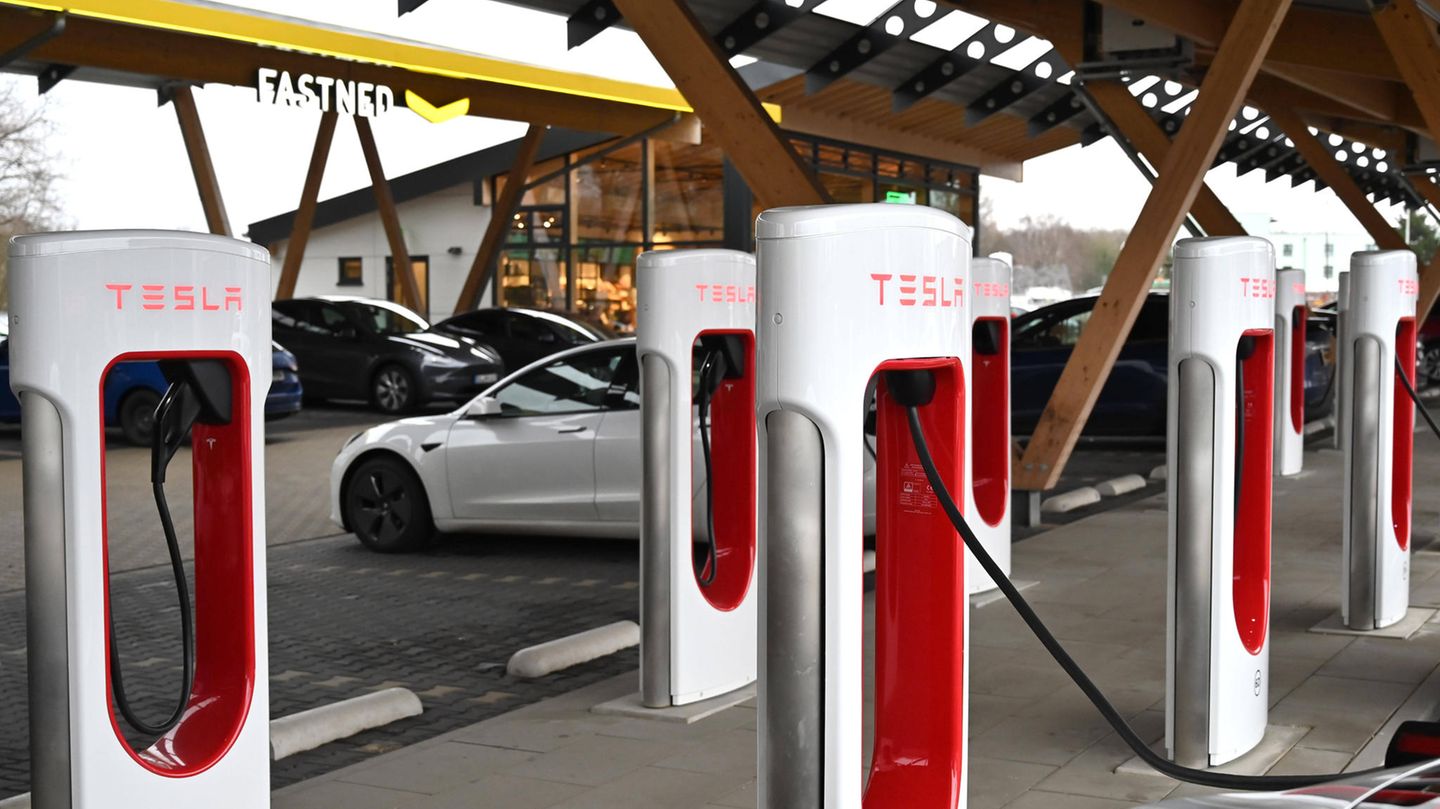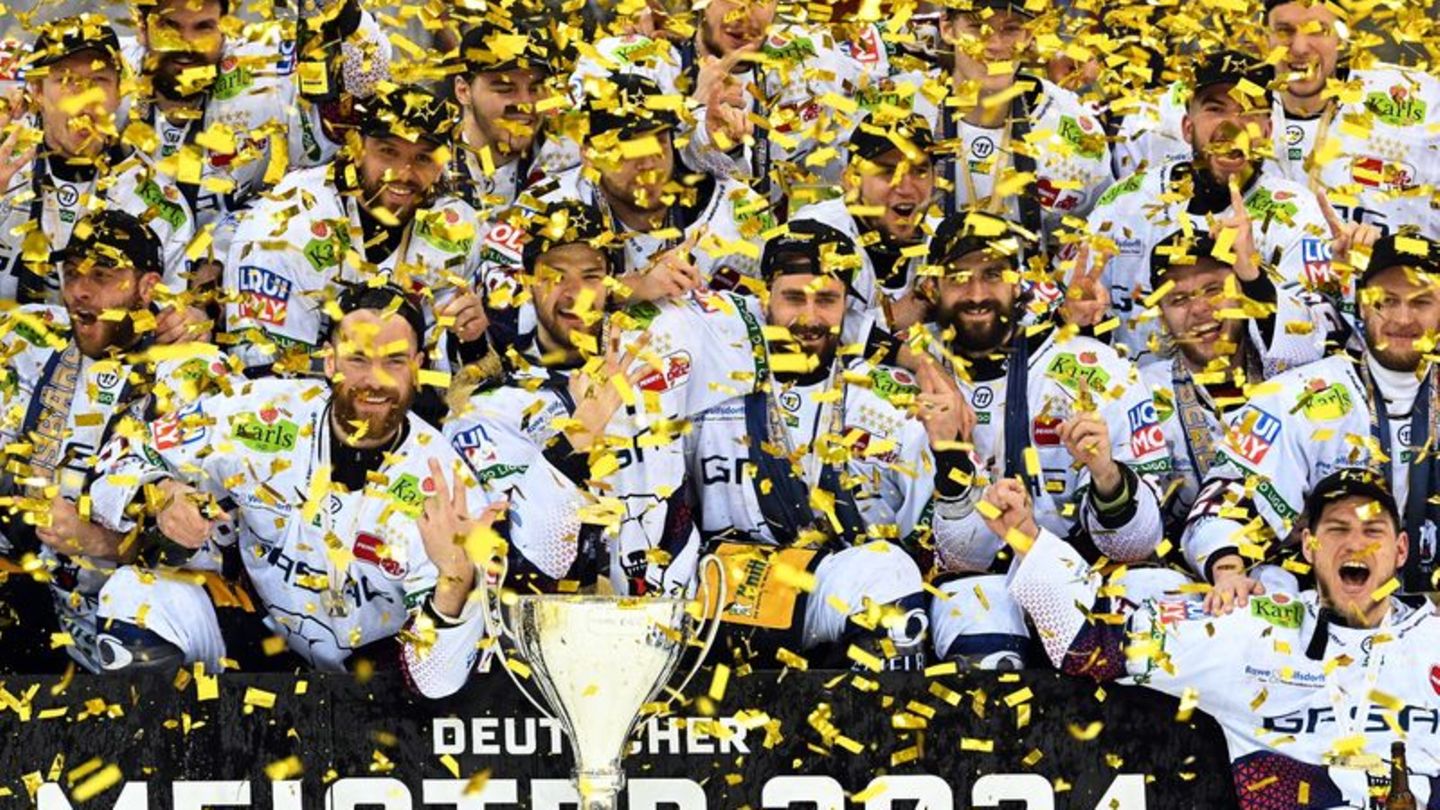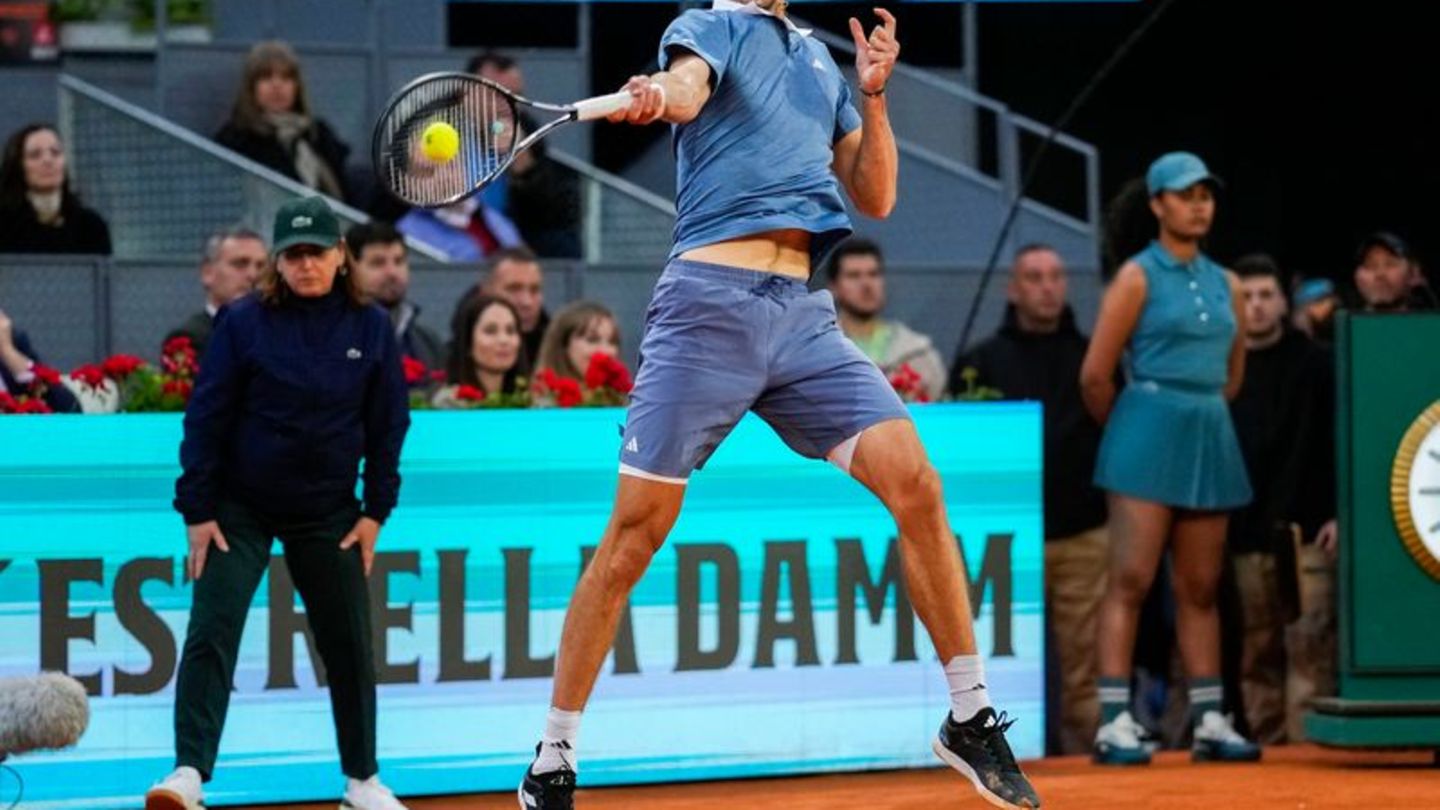Tank & Rast wants to expand the charging network of fast charging stations for e-cars in Germany. However, because the service provider does not let the competition get a chance, Tesla and Fastned are now suing in court. The process could accelerate the expansion of the charging network.
Companies like Tesla and Fastned are showing great interest in installing new fast charging stations in Germany. They want to build more public charging stations for electric cars at motorway service stations. The service provider Tank & Rast, which holds the majority of all concessions for service areas, gas stations and truck stops on German autobahns, is putting a spanner in the works for its competitors.
Tank & Rast would like to have fast charging stations installed at various motorway service stations, which is why it does not give companies like Tesla and Fastned the concessions to build their own charging stations. The US car manufacturer and the Dutch charging station operator are now suing the Düsseldorf Higher Regional Court (OLG). Last week, Thursday, the proceedings began.
Tank & Rast refers to concession agreements from 1998
The dispute began after the Bundestag passed the Schnellladegesetz (SchnellLG) 2021. It envisaged the construction of 1000 new locations with fast charging stations in Germany by 2023. Tank & Rast, holder of 95 percent of the licenses for the operation of gas stations, restaurants and hotels on German motorways, expanded the concession contracts to include the expansion of fast charging stations at service areas and refrained from an invitation to tender. After all, it was believed that the concession contracts for conventional filling stations concluded in 1998 now also apply to charging stations – even if the installation of charging stations was not a factor at the time.
The Ministry of Transport backed Tank & Rast, which belonged to the federal government until 1998. The “” quoted in October 2021: “The concessionaire must have the ability to respond to technical advances or a need that has changed over time.” The chairman Jürgen Kühling of the monopoly commission, an advisory body of the federal government, contradicted: “The competition for the charging stations on the federal motorways is made more difficult by the monopoly-like position of Tank & Rast.” This would result in excessive electricity prices.
Tesla and Fastned go to court after the public procurement chamber rejects them
In May 2022, Tesla and Fastned then initiated review proceedings with the Federal Cartel Office’s public procurement chamber. But the Public Procurement Chamber rejected the application a month later. Kay Weidner, spokesman for the Cartel Office, explains when asked star: “The procurement chamber […] is of the opinion that the existing Tank & Rast concession already includes the further expansion of the fast charging infrastructure. A key argument of the public procurement chamber was that the concession from 1998 – the topic of e-mobility did not yet exist at that time – is to be interpreted functionally against the background of the Federal Highway Act.”
The law stipulates that the motorway service stations should serve the interests of motorists so that it is not necessary to exit the motorway to fill up, for example. The provision of fast charging stations serves the same purpose and is therefore included in the license granted, according to the public procurement chamber. Weidner explains: “In paragraph 5, paragraph 3 of the Fast Charging Act, which is dated June 25, 2021, the legislator has provided that the current concessionaire [gemeint: Tank & Rast] the expansion of the rapid charging infrastructure should be offered as a priority.”
Press spokeswoman at the Düsseldorf Higher Regional Court, Christina Klein Reesink, says that star: “Now the question arises – and the applicants had their doubts [gemeint: Tesla und Fastned] – whether it was simply possible to expand the concession contracts or whether a new, correct award procedure for the fast-charging infrastructure should have been advertised.” Tesla and Fastned see themselves as right. “In our opinion, charging and refueling are fundamentally different,” quotes “. The two companies argue with “completely new business models and market participants that have nothing to do with refueling”.
Expansion of the charging infrastructure is further delayed
Tank & Rast does not operate the charging stations itself, but cooperates with the energy companies EnBW, Mer, Ionity and Eon-Innogy. Other providers are left behind here. And the limited range of fast charging stations is also a disadvantage for external customers: they pay significantly higher electricity prices at such charging points than their own customers. Tank & Rast explained that the prices at the service areas would be set freely by the cooperation partners. It should therefore be an advantage for drivers of e-cars if Tesla and Fastned win the court case.
Lightship L1
This caravan of ex-Tesla employees is intended to “ride along” and relieve electric cars
Due to the pending court decision, the expansion of the charging infrastructure has been stalled for around six months. And even a decision announced at the Düsseldorf Higher Regional Court does not necessarily mean clarity in the law relating to the construction of the charging stations, after all, the companies involved could go to the Federal Court of Justice (BGH) and then to the European Court of Justice (ECJ) in the next instance. A decision at the Düsseldorf Higher Regional Court is expected to be made on May 31. So until suppliers like Tesla and Fastned have certainty, they still have to be patient.
Source: Stern
I’m a recent graduate of the University of Missouri with a degree in journalism. I started working as a news reporter for 24 Hours World about two years ago, and I’ve been writing articles ever since. My main focus is automotive news, but I’ve also written about politics, lifestyle, and entertainment.




